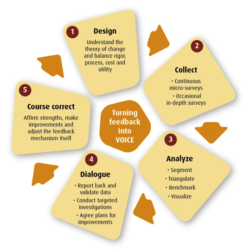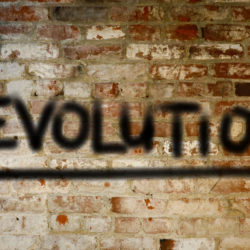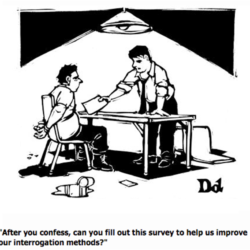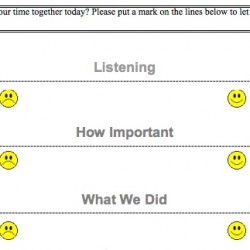Moment of choice
Last week’s Feedback Summit was, for me at least, a watershed event. It was the third time our emerging field had come together at an annual gathering. Despite the inevitable consternation that accompanies wide-ranging diversity of expectations, experience and perspectives, I believe that we made two leaps forward over two huge chasms. This post is[…]









